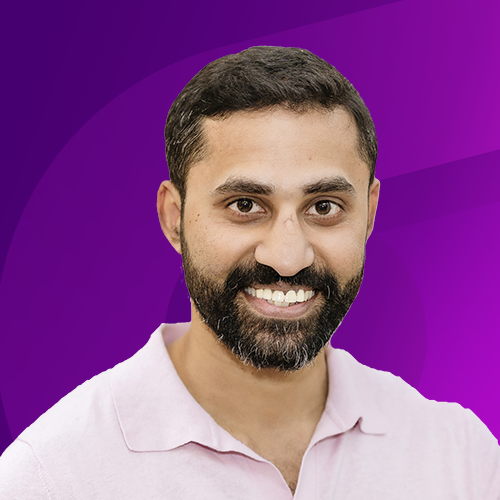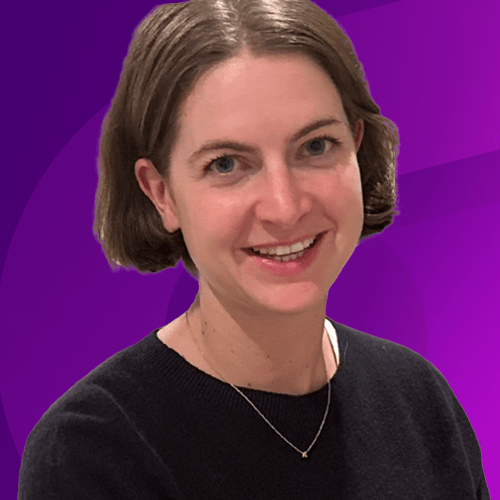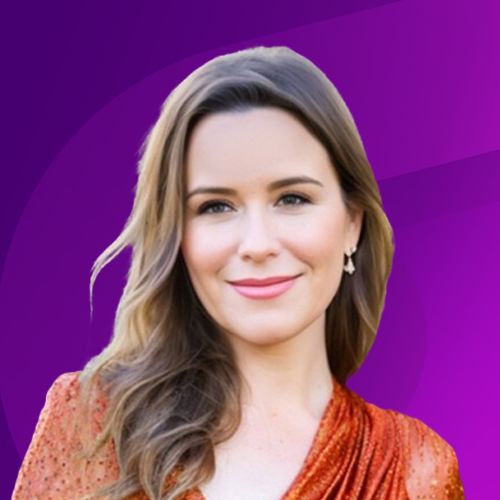In today’s ever-changing business world, adaptability is key to a company’s success. That’s why iluminr created the ‘Gamechangers in Resilience’ interview series. This platform celebrates influential leaders who excel in flexibility and resilience in their workplaces, with clients, and in their communities.
Through this series, we highlight voices from around the world. These remarkable individuals not only empower their teams and communities to thrive in tough times but also set examples themselves. iluminr recognizes their achievements, shares their experiences, and pays tribute to their dedication to success, even in the face of challenges
Mark Hoffman is a multi-award-winning resilience and crisis management consultant with over 20 years experience.
He is a co-founder and managing partner of the Resilience Think Tank, which is dedicated to providing independent guidance and research and thought leadership to the risk and resilience industry.
He is a two-time winner of the Global Resilience Consultant of the Year award, and the Americas Consultant of the Year award (2021 and 2022). He was inducted into the “hall of fame” by a business continuity certification body in 2022.
Mark has clients in Canada, the United States, the Caribbean and across Europe, helping them to be more resilient and prepared.
He’s a keynote speaker and frequent contributor to the industry. He is also the host of The Resilient Journey podcast, which is available anywhere you listen to podcasts.
Q: In your experience, what unique challenges have you encountered while helping organizations navigate the intersection of business continuity and crisis management in the digital age?
Mark: In my experience, I’ve actually seen my clients embrace the relationship between business continuity and crisis management. Take, for example, crisis response to a cyberattack. Too many organizations see this as a technological problem. Not only do they need to respond to the technical work, but they must also navigate through the legal, communications and reputation management aspect of the attack. But on top of that, they must also mitigate the impact that the downed system is having on their operation. From that perspective, the intersection between all of these disciplines is clear.

Q: As a thought leader in the field, what emerging trends or technologies do you see shaping the future of business continuity and crisis management?
Mark: I heard someone say recently that AI won’t take your job, but someone who knows how to use AI will.
For me, it is imperative that the future starts with a firm understanding of the basics of resilience best practices. From there we must embrace new technology to help us leverage the vast amounts of data that we are gathering.
AI is a tool that we must embrace or find ourselves looking up at those who did.
As John Legend said, “The future started yesterday, and we’re already late.”
Q: How should firms be balancing the need for standardized processes and frameworks, such as ISO 22301, with the flexibility required to address the specific needs and circumstances of diverse organizations?
Mark: One of the key aspects of 22301 is the need to apply it “within the context of the organization”.
Standards like this are principle-based, not prescriptive. That means they can be applied to organizations of (almost) any size in (almost) any industry. Organizations can base their program on the principles of 22301 without actually having to go through the certification process. This will help them develop good processes, while keeping them within the context of the organization will help address their specific needs.
This is something that I pride myself in throughout my consulting career.
Q: As a writer and speaker, what are some unique or unconventional ways you have found to engage audiences and convey complex concepts related to business continuity and crisis management?
Mark: I’ve found that everyone loves music, so I use song titles or lyrics to help convey a specific message. (I did it two answers ago!) At a conference in London last year, I asked everyone in the room to list as many songs as they could think of with a name in the title. Then we compared answers. The most anyone came up with was seven songs, but collectively we listed over 50, showing the value of collaboration.
On my podcast I asked my guests to name a song that they would like played as they walked into their office. It reveals what’s important to them and what makes them tick. And the lyrics to the song they choose are often meaningful to the overall discussion.
Q: In your opinion, what are some commonly overlooked aspects or blind spots that organizations should pay more attention to when developing their business continuity and crisis management plans?
Mark: Take it seriously. This is not a ‘check the box’ exercise. More and more organizations are being driven to implement a business continuity / resilience program, either through a regulator, Board influence or pressure from customers. I always encourage them to do it well and not just go through the motions. I’ve worked with clients who want credit for having a robust program, but don’t want the responsibilities that come with it. Look for ways to be more resilient. Use subject matter experts. Build resilience strategies based on your greatest risks. Hire people who are willing to do the work, ask questions and dig deeper.
Q: I enjoyed speaking with you about iluminr’s Resilience Archetypes recently on your podcast. Remind us, what is your Resilience Archetype?
Mark: The Gambler.
Q: One of my favorite parts of talking to people about the Archetypes is their reaction when they learned their archetype. What was your reaction when you found out?
Mark: My first reaction was “that’s ridiculous”. Then I read the details of the archetype (low systems, low engagement, solo artist, looking for improvement) and I realized that it was correct. What a surprise!
Q: How are you applying archetypes in the context of your work?
Mark: I use it as a tool to understand myself in the context of working relationships. For example, it is MUCH easier for me to get up on stage and speak at a conference in front of 100 people than it is for me to mingle with 20 people in the hallway. Understanding the ‘solo artist’ in me, I completely understand why I’m an independent consultant, rather than seeking out opportunities that would make me a leader of a team of people. It’s validating and freeing to understand that I’m using my own archetype to successfully shape my career.

Q: What is the leadership playbook you are writing for yourself in real time?
Mark: The title of my real-life, real-time playbook is Horizontal Learning: A Marriage of Thought Leadership and Collaboration. I’ve been talking a lot lately about how the Resilience Think Tank is different than other business continuity institutions that are frankly missing the mark when it comes to being a valued resource for our industry. Too often, organizations try the ‘top-down’ approach and teach people what they think we need to learn. The Think Tank allows us to learn from each other. This exposes us to independent thought and diverse points of view.
Q: How do you apply the lessons of Resilience in your own life?
Mark: Anybody who thinks life is smooth ride is in for a rude awakening. I used to know someone who would say “If [whatever it was they were trying to accomplish] was meant to be, it wouldn’t be this difficult.” What a shame to live life that way. If you try something and fall short, learn from your mistakes and try again. My advice to anyone, regardless of your circumstances is this:
Don’t you dare give up. Don’t you dare!















